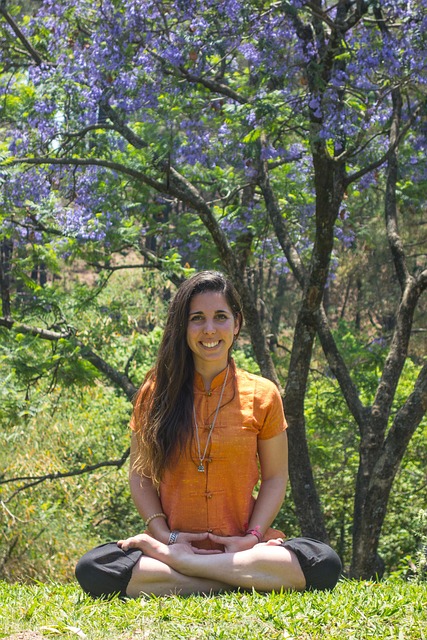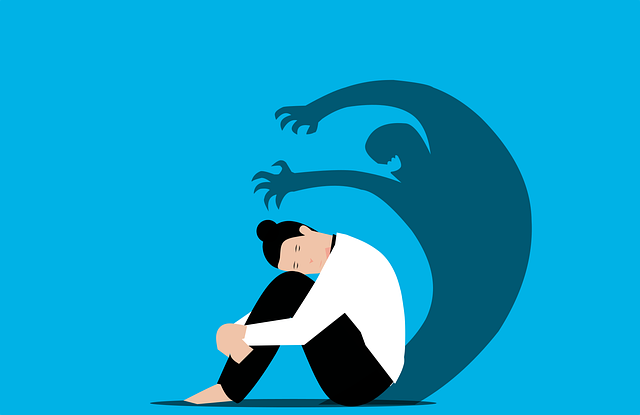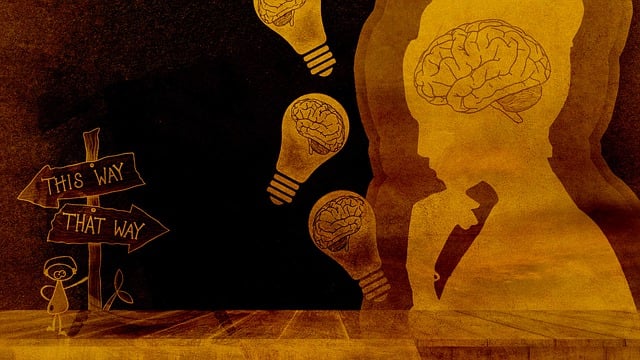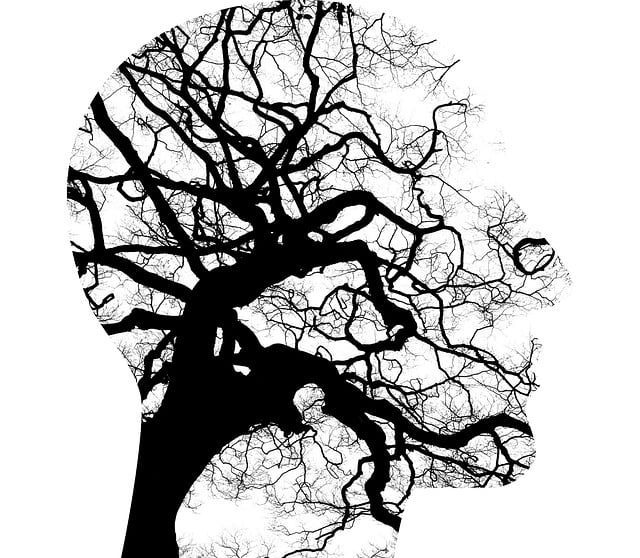Mindfulness meditation proves a powerful tool for healing trauma, reducing symptoms of depression & anxiety, and improving overall well-being. For survivors of Littleton abuse, creating a safe space and utilizing guided meditations, breathwork, and body scans through organizations like Littleton Abuse Survivors Therapy (LAST) can foster emotional healing and resilience. Regular practice, despite challenges, enhances self-awareness, mental wellness, and personalized stress management techniques, ultimately empowering individuals to navigate life's complexities with confidence.
Mindfulness meditation offers powerful healing tools for those who have experienced trauma, such as survivors of Littleton abuse. This practice fosters emotional well-being by promoting present-moment awareness and self-compassion. In this guide, we explore practical steps to embark on a mindfulness journey, from creating a sanctuary for healing to mastering guided meditations and breathwork. Learn how regular practice can help overcome challenges and cultivate resilience.
- Understanding Mindfulness and Its Benefits for Healing
- Creating a Safe and Comfortable Meditation Space
- Starting with Guided Meditations for Beginners
- Incorporating Breathwork and Body Scans
- Overcoming Challenges and Sustaining a Regular Practice
Understanding Mindfulness and Its Benefits for Healing

Mindfulness, at its core, is a practice that encourages individuals to focus on the present moment, acknowledging and accepting their feelings, thoughts, and bodily sensations without judgment. It’s more than just a pause button; it’s a shift in perspective that fosters self-awareness and emotional regulation. For those who have experienced trauma, such as survivors of Littleton abuse, mindfulness meditation can be a powerful tool for healing. By cultivating awareness, individuals can create a distance between themselves and distressing memories or emotions, reducing their impact over time.
The benefits extend beyond trauma recovery. Studies have shown that regular mindfulness practice can reduce symptoms of depression and anxiety, enhance focus and concentration, and even lower blood pressure and improve heart health. For healthcare providers grappling with burnout prevention strategies, integrating mindfulness into their routines can be transformative. It not only promotes mental wellness but also improves patient care by fostering a calm, present, and compassionate mindset—an essential aspect of the Mental Wellness Podcast Series Production that explores holistic well-being in the industry.
Creating a Safe and Comfortable Meditation Space

Creating a safe and comfortable meditation space is an essential part of establishing a regular mindfulness practice, especially for those who have experienced trauma or abuse. In light of this, Littleton Abuse Survivors Therapy (LAST) offers valuable insights into creating environments conducive to emotional healing processes. Consider transforming a corner of your home into a sanctuary where you can retreat for mental wellness journaling exercises and meditation.
A cozy space should be free from distractions and cater to your personal preferences. Incorporate elements that promote relaxation, such as soft lighting, soothing scents, and comfortable seating. This can include candles or essential oils known for their calming properties, along with a plush cushion or chair. By designing an inviting environment, you can enhance your risk management planning for mental health professionals, making each meditation session a chance to nurture both body and mind.
Starting with Guided Meditations for Beginners

For those new to mindfulness meditation, guided meditations can be a fantastic starting point. These structured practices are designed to lead beginners step-by-step through the process, making it easier to focus and stay present. Many find this approach particularly beneficial, especially if they’re dealing with trauma or stress—topics that Littleton Abuse Survivors Therapy (LAST) emphasizes in their support services.
Guided sessions often incorporate soothing visuals and gentle instructions, creating a safe space for exploration. This is crucial for building cultural competency among healthcare providers, who can then offer tailored guidance to diverse patient populations. By participating in regular guided meditations or Stress Management Workshops organized by organizations like LAST, individuals not only learn effective stress reduction methods but also cultivate a deeper sense of self-awareness and calm.
Incorporating Breathwork and Body Scans

Incorporating breathwork and body scans into mindfulness meditation can significantly enhance the therapeutic benefits for Littleton Abuse Survivors Therapy (LAST) participants. Breathwork techniques, such as mindful breathing exercises, help individuals reconnect with their bodies and regulate emotions, fostering a sense of safety and calmness. By focusing on the inhalation and exhalation, survivors can release tension and process traumatic memories more effectively.
Cultural sensitivity in mental healthcare practice is integral to this process. Body scans allow clients to become aware of physical sensations without judgment, promoting cultural sensitivity and compassion cultivation practices. This non-verbal approach respects individual experiences and backgrounds, encouraging emotional well-being promotion techniques that are inclusive and therapeutic for all. Through these mindfulness practices, LAST participants can develop a deeper sense of self-care and resilience.
Overcoming Challenges and Sustaining a Regular Practice

Overcoming challenges is a vital part of establishing and maintaining a regular mindfulness meditation practice, especially for those with a history of trauma or Littleton Abuse Survivors Therapy. The Mind Over Matter principles emphasize that cultivating mental wellness requires consistent effort and resilience. When faced with setbacks, it’s crucial to approach them as learning opportunities rather than roadblocks. Every day presents a chance to reset and reconnect with your practice—a chance to prove to yourself that progress is possible.
Mental wellness journaling exercises can be incredibly beneficial in this journey. Documenting your experiences, emotions, and thoughts allows for self-reflection and awareness. By reviewing your journal entries, you can identify patterns, track improvements, and gain valuable insights into the mind’s intricate workings. This practice fosters a deeper understanding of your mental landscape, empowering you to navigate challenges with renewed confidence.
Mindfulness meditation offers a powerful tool for healing and self-care, especially for those who have experienced trauma, such as survivors of Littleton abuse. By creating a safe space, starting with guided practices, and incorporating techniques like breathwork and body scans, individuals can begin to navigate their challenges and cultivate a consistent practice. Overcoming obstacles is essential, as regular mindfulness meditation can lead to profound personal growth and improved well-being. Embrace this journey towards inner peace and resilience.














